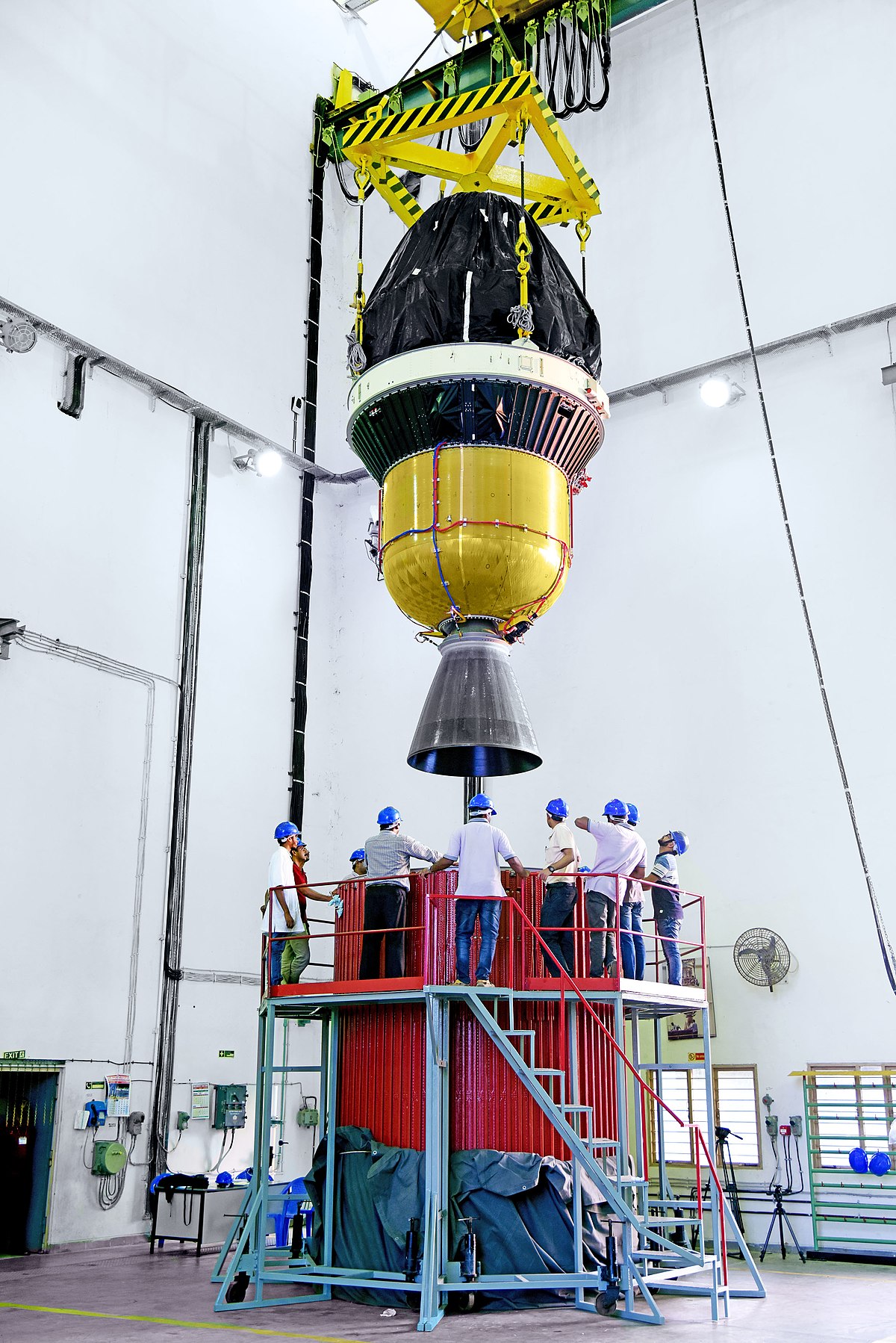Space PSU NSIL to launch satellite for TataSky
India’s first and only Space Public Sector Unit (SPSU), New Space India Limited (NSIL), has finally taken wings and will be launching a communication satellite dedicated to augment direct-to-home (DTH) services in the second half of this year using a foreign launch service.
To do this, NSIL, which was established under the Department of Space (DoS) as part of India’s reforms to liberalise the space sector, has got Rs 700 crore equity from the government.
K Sivan, secretary, DoS, told TOI: “This money will eventually be paid back. As part of the reforms, the role of NSIL now is to also own and sell assets and the first satellite it will acquire is GSAT-24 which will be launched to cater to TataSky’s DTH business. So far, Isro owned all the satellites and its services were sold through Isro’s own entity (Antrix). This (NSIL) will usher in a new era in India’s commercial space activity.”
GSAT-24 will be a 4.1 tonne communication satellite that will put into space 24 Ku-band transponders to be used for DTH services. “The satellite’s cost is Rs 400 crore and NSIL will be launching it through Arianespace. The launch is expected to happen sometime in September,” Sivan said.
The PSU is also negotiating to acquire GSAT-20, a high-throughput satellite, which will also be launched commercially. “Aside from GSAT-20, DishTV has held preliminary talks with NSIL for another satellite,” Sivan added.
“When NSIL was formed, the mandate was different. Now, with
Atmanirbhar Bharat and the space reforms, it has completely changed. We are now expected to carry out a lot of capital intensive projects to enable a demand-driven ecosystem. There are a lot of developments, we are in the process of finalising the deal for two satellites with DoS,” G Narayanan, CMD, NSIL, said.
Buying From Startups
Further, Sivan said that while the first few satellites are being acquired from Isro, NSIL, in the future will also be buying from the private sector, including startups.
Narayanan said: “We are not restricting our sources to fulfil our requirements to any government organisation. We will be open and whoever has the strength and capability, we will be sourcing it from them on a commercial basis.”
While NSIL’s first commercial project will be the PSLV launch scheduled for later this month, the PSU’s role there was limited to connecting the foreign customer — Amazonia-1 from Brazil — with Isro.
“In the PSLV launch, Isro is providing the service and the Brazilians came through an NSIL contract. But GSAT-24 and 20 that we are talking about will be completely NSIL’s. Isro will only be a vendor, and the satellite will be owned by NSIL, this is a new era,” Sivan said.




